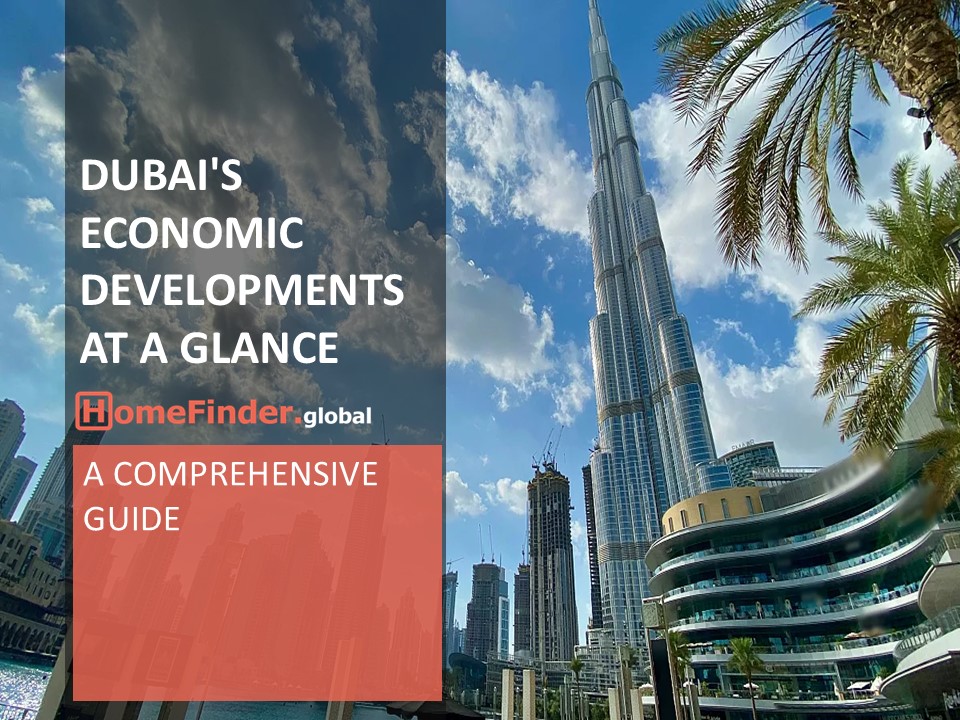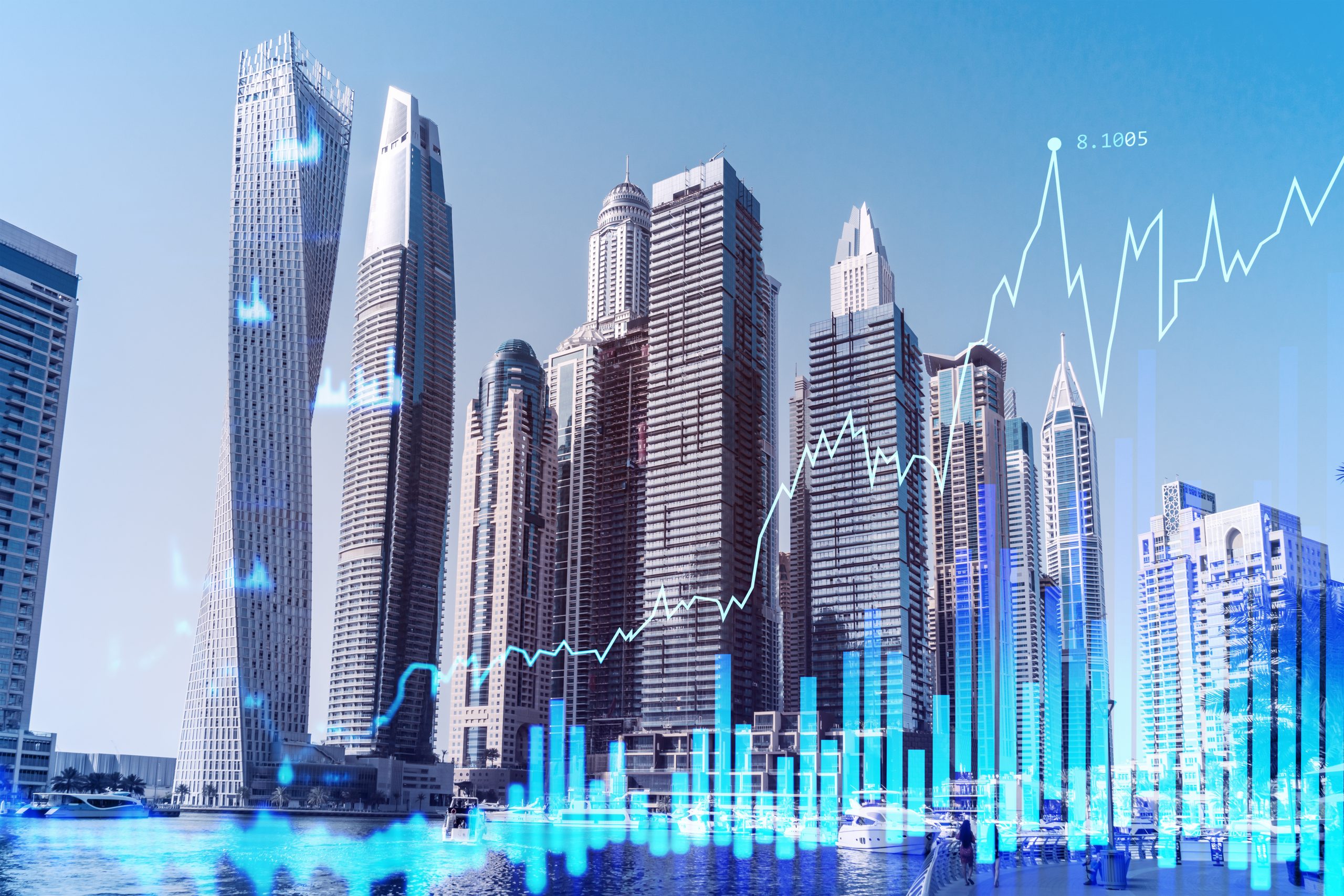What is the impact of rising housing prices on Dubai’s economy?

Key News from Dubai’s economy | Date: January 12, 2025
This page highlights the most important developments in Dubai’s economy.
Dubai’s economy remains a powerhouse of growth and innovation, but rising inflation and surging real estate prices have introduced new challenges. As the city witnesses unprecedented housing price increases, driven by robust demand and global investments, the government has stepped in with strategic measures to balance economic progress and social well-being. This article delves into the impact of these developments on the city’s real estate market, society, and future prospects.

Inflation and the Real Estate Market
Inflation has significantly impacted Dubai’s real estate market. Over the past year, rising inflation has led to increased living costs and higher prices for renting and purchasing properties. Recent data reveals that rental rates have risen by an average of over 15%, particularly in popular areas such as Downtown Dubai and Marina.
According to the UAE Statistics Authority, in 2024, Dubai’s overall housing price index reached its highest level in a decade. Areas like Jumeirah and Business Bay experienced the highest price growth. This surge in prices is driven by increased demand from foreign investors, expatriates, and residents who see Dubai as an attractive destination for living and investment.
Government Measures:
To address these challenges, the UAE government has implemented several initiatives, including:

The rise in housing prices has had widespread social effects. Many middle-income families have been forced to relocate from central areas to suburban locations. Additionally, migrant workers, who make up a significant portion of Dubai’s workforce, face increased difficulties in finding affordable housing. This situation has heightened psychological stress and reduced overall social well-being for certain groups.
Expert Opinions:
Experts believe this trend has a dual impact. On one hand, rising prices drive economic growth and attract international investments. On the other hand, the strain on households and small businesses could exacerbate economic inequalities.
Compared to other regional cities like Abu Dhabi and Doha, Dubai’s housing market leads in price growth. While Abu Dhabi has seen an approximate 8% increase in housing prices, Dubai’s growth rate is nearly double, highlighting its dynamic market and global appeal.
Future Outlook:
Analysts predict that with inflation control and increased housing supply, prices may stabilize in the second half of 2025. Key projects, such as the expansion of Dubai Metro, development of free trade zones, and the opening of several new shopping and entertainment centers, are expected to boost demand further. Additionally, new investment-friendly regulations aimed at simplifying foreign investor entry could bring even more vitality to the market.
What are your thoughts on this news? Share your comments with us!